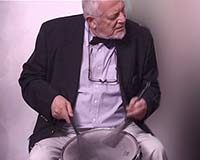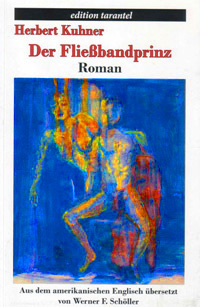Film Accents and Contractions
Have you noticed that in most American films set in foreign locations, the actors playing the foreigners use accents and they don’t use contractions? That is because, although they are actually speaking English, they want to create the impression they are speaking foreign language. Thus, they try to make the dialogue sound strange.
That’s all wrong!
When foreigners speak their own language, the language sounds natural. Thus, when the film is made in English language, the dialogue should be spoken in a natural and unstilted fashion.
On the other hand, if the story takes place in a location where English is spoken, and a Frenchman, or what-have-you, turns up, he, of course, should have an accent.
In Papillion, the method was right. The plot unfolds in France and French Guiana. The actors were all English native speakers who were playing Frenchmen, and they all spoke English naturally. If a character had shown up with a French accent, he would have thrown the whole film off.
See what I mean!
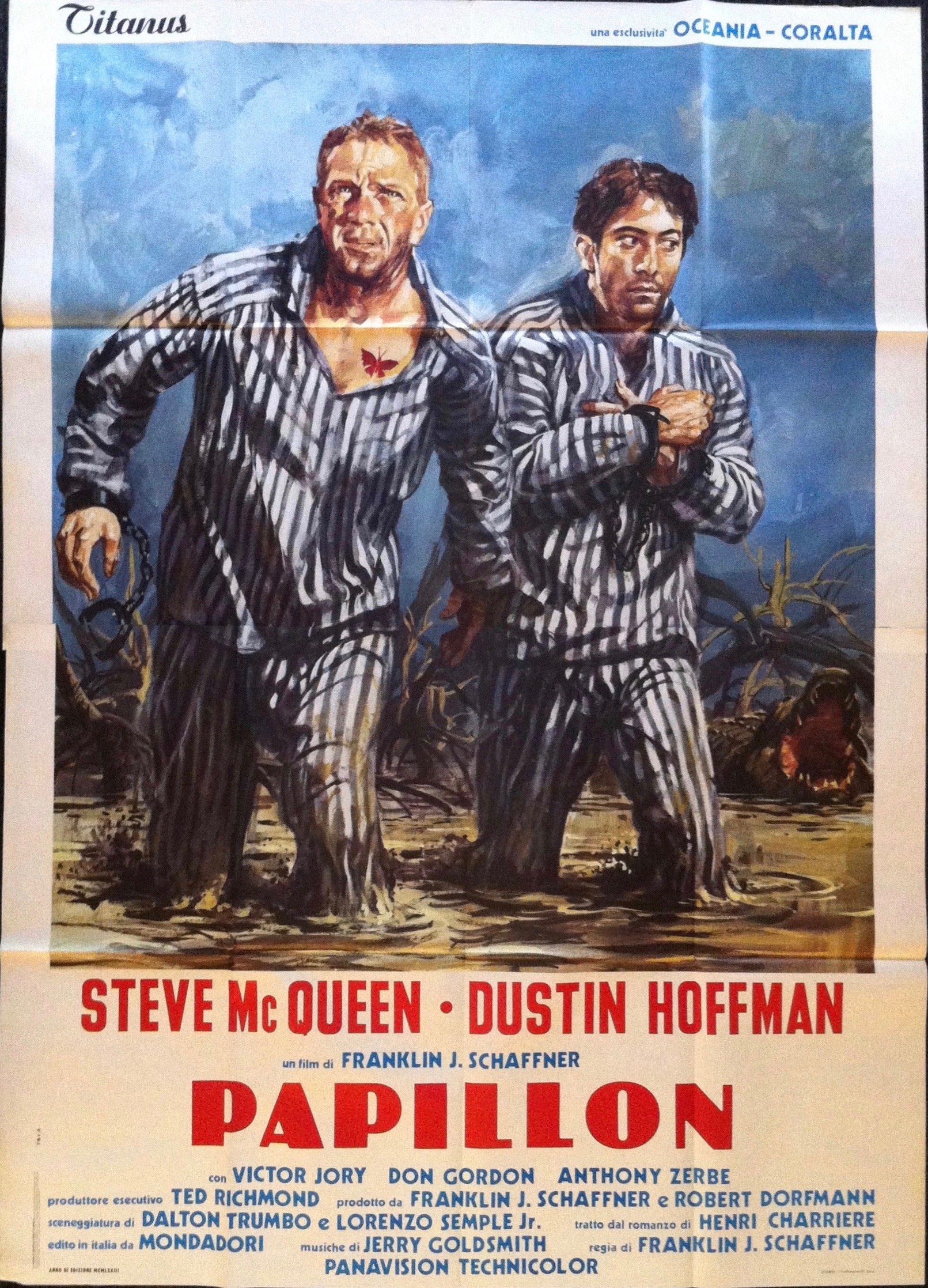
No Monitors for Mansur
and No Smoking for Spielberg
Steven Spielberg had heard of Mansur Madavi. When he was in Vienna for the showing of Schindler’s List, he sent a messenger with a request for a cassette of Dicht hinter der Tür. Madavi told the messenger that it was impossible to judge a film on a TV monitor, but that he’d be glad to show Spielberg the film on a large screen.
That was that!

„Bait“ German: „Zerschossene Träume“
While in Southern California, Peter Patzak was called upon to see Spielberg in his Hollywood building. I remember working for Patzak years ago. I rewrote his script of Bait three times, but if you ever view the film, you won’t find my name on the titles. Anyway there’s security galore and strictly no smoking. When he was let in Patzak sat down in front of the great director made a joke about the security and lit a butt, grimacing à la Bogart.
That was that!
As Austrian filmmaker was hustled out by a bevy security guards, office toadies were flitting spray cans. But back to Mansur! I beg to differ. I’d rather see a film on my old fashioned TV-monitor. I saw The Robe back in 1953, which was the first Cinemascope film. I was eighteen at the time and I’ve always despised the stretched view since then.
Now it’s called Wide Screen and the TV versions are called Flat Screen or Panel-TV. Cinemascope has finally done in its competitors. The rectangular screens are as dead as dead as the proverbial door nail. Today all films are viewed through a giant mail slot. Anyway, broke my vows and went to see A Single Man, based on the novel by Christopher Isherwood, which I read in 1964.
On my left there were two empty seats, which were then occupied by a couple. To my dismay, the young man carried a bucket of popcorn in bright red-white-and-blue colors. The container merited the word “bucket;” it was huge, so there was no hope of them getting to the bottom of the bucket soon. After they sat down, the sound of the chewing and crackling, as well as the smell, were overpowering. I stood up and excused myself out of the row and took an empty seat a few rows back, hoping that no other occupant would come, since the seats were reserved. Loud trailers and ads and then the film! Not only is it impossible to get characters standing up without a panorama to the right and left, close-ups consist of cut-outs of faces. With all the distractions, I couldn’t judge the film. Actually this is a commercial advantage. They all look and sound alike. No good ones and bad ones. For this viewer, only bad ones.
No, I prefer viewing at home, but when my old set breaks down, I’ll be forced to replace it with the ubiquitous panel. But at least there will be no popcorn.
Popcorn and Gum
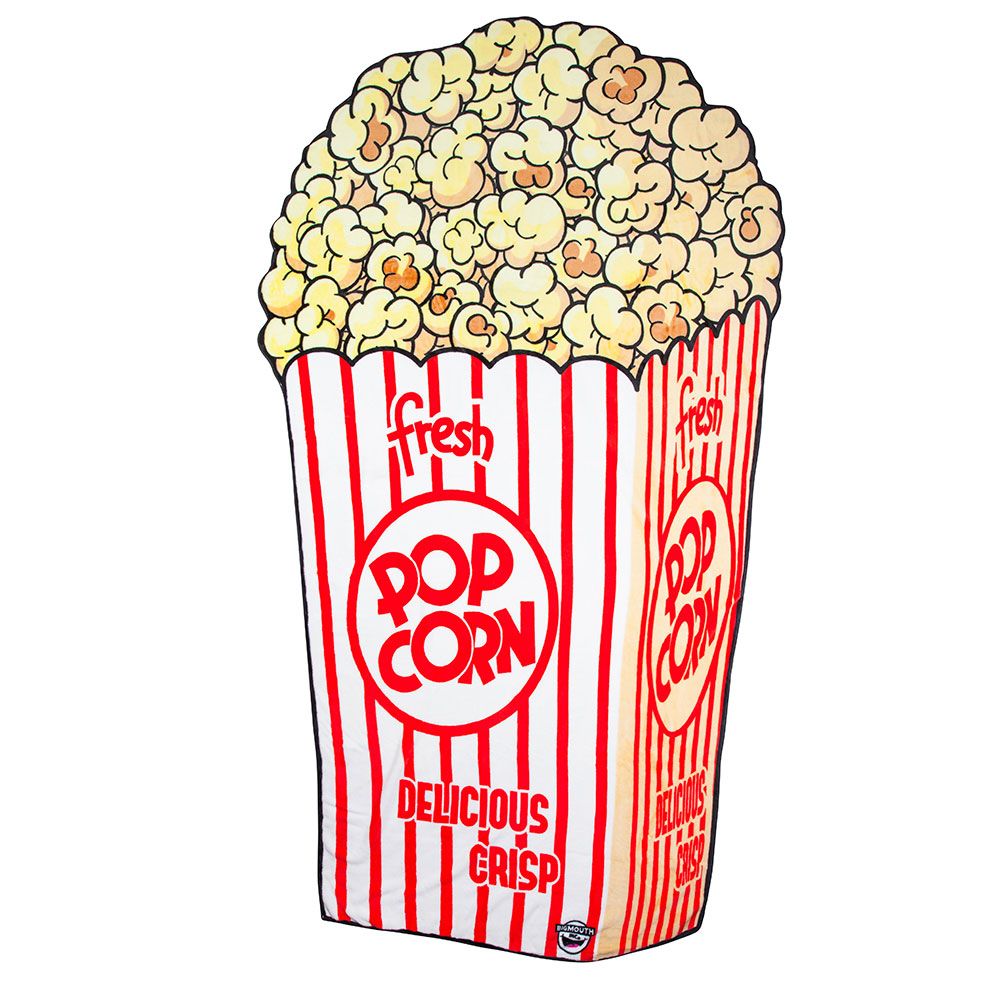 The Cineplex is a nightmare. There’s popcorn galore with its overwhelming odor, as well as the snapping and crunching sound effects. But that’s not all, on top of that, there’s the snapping and popping of gum. These sounds can be heard over the constant breaking of the film’s sound barrier.
The Cineplex is a nightmare. There’s popcorn galore with its overwhelming odor, as well as the snapping and crunching sound effects. But that’s not all, on top of that, there’s the snapping and popping of gum. These sounds can be heard over the constant breaking of the film’s sound barrier.
Sorry, but I’d rather stay home and watch old black-and-white movies.
to be continued . . . 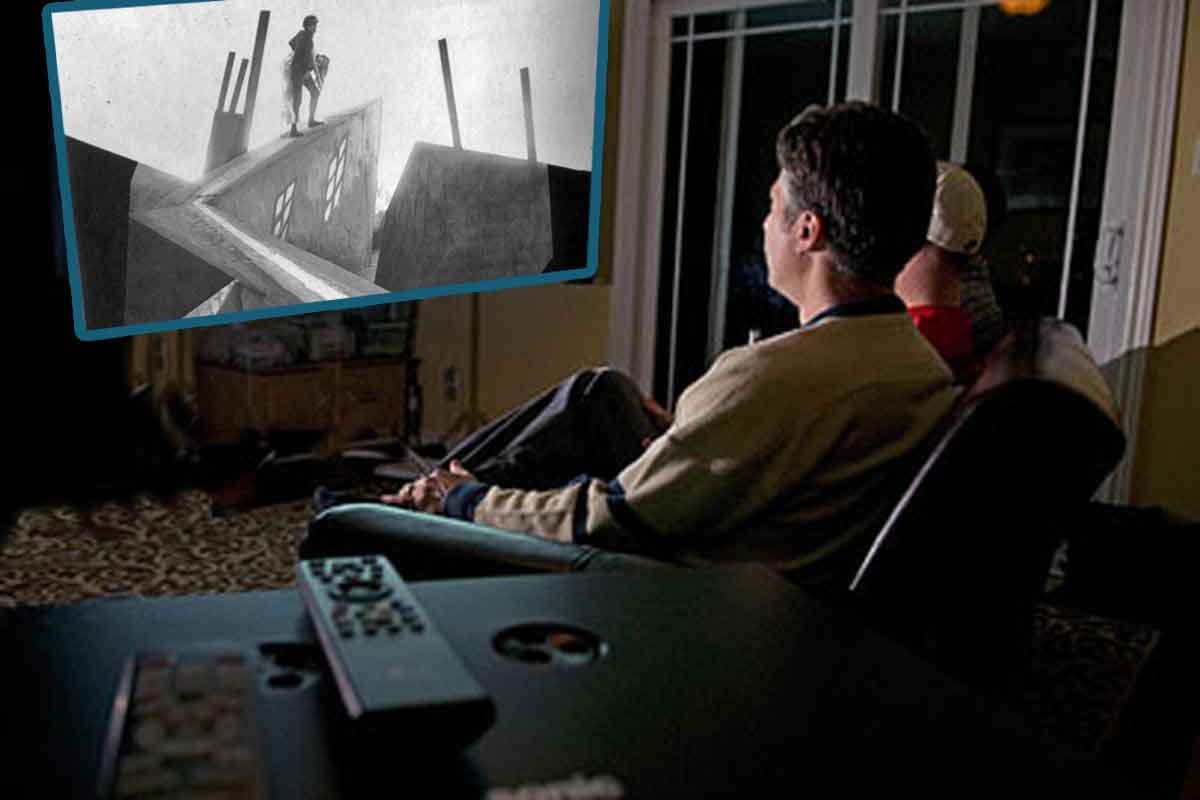
– Herbert Kuhner










 Users Today : 24
Users Today : 24 Users Yesterday : 138
Users Yesterday : 138 This Month : 3505
This Month : 3505 This Year : 9564
This Year : 9564 Total Users : 191369
Total Users : 191369 Views Today : 45
Views Today : 45 Total views : 1894336
Total views : 1894336 Who's Online : 1
Who's Online : 1
